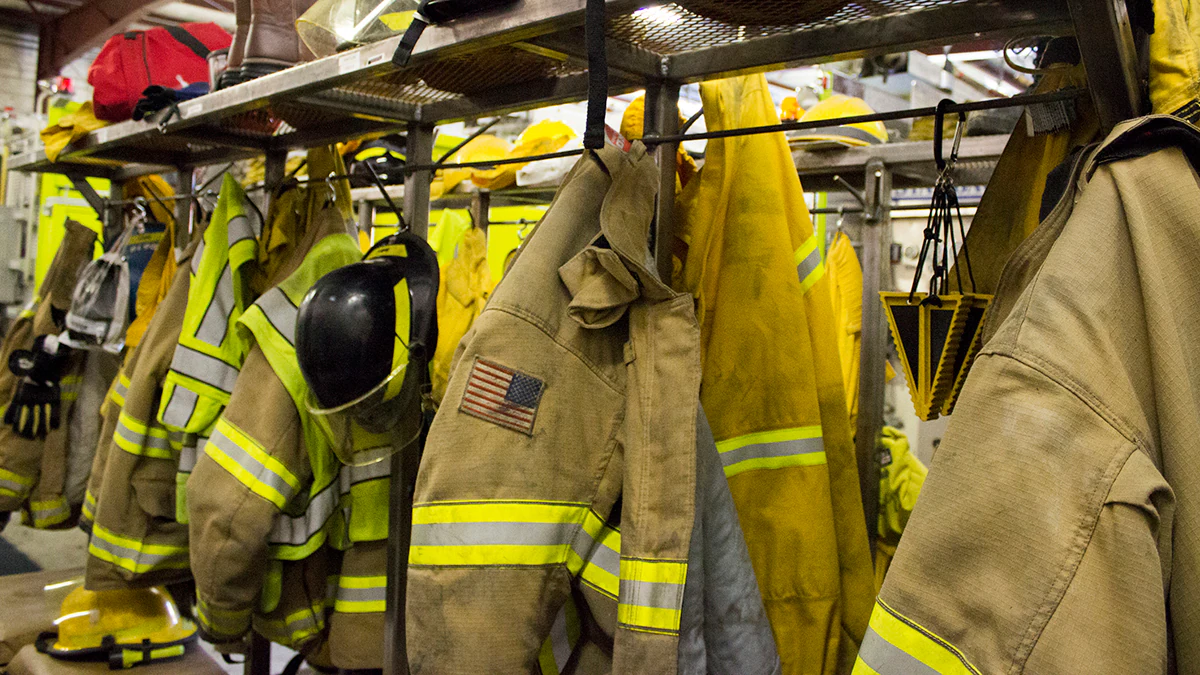Federal health officials warn that a significant round of layoffs at the National Institute for Occupational Safety and Health (NIOSH) could undermine efforts to safeguard American workers.
As part of a broader restructuring mandated by Secretary Robert F. Kennedy Jr. of the U.S. Department of Health and Human Services (HHS), around 875 employees, or two-thirds of NIOSH’s workforce, may lose employment. The action is a component of a federal strategy to reduce HHS employment by 10,000 this year.
Established by Congress in 1970, NIOSH researches occupational safety.
According to CBS News, the organization is used by governments and businesses to look into significant incidents like the fungal epidemic that closed a paper factory in Michigan in 2023.
The majority of employment in Pittsburgh and Spokane, where there are around 200 employees, is anticipated to be eliminated.
A letter to the workers’ union suggested eliminating some entire teams, such as the National Personal Protective Technology Laboratory, which evaluates N95 masks.
According to Lilas Soukup, president of the American Federation of Government Employees’ union after 1916, the notification of layoffs was delivered on Monday. She claimed that HHS has not provided much guidance regarding the cuts.
Although the final layoff notices have not yet been distributed, the layoffs are anticipated to occur by June 30.
According to CBS News, HHS managers said they haven’t received much information on how the cuts are being made.
The Centers for Disease Control and Prevention (CDC) in the United States includes NIOSH. It manages a number of significant safety initiatives, such as a health program for 9/11 survivors and a registry to monitor cancer in firefighters.
Under Kennedy’s plan, a smaller NIOSH would be combined with a new agency called the Administration for a Healthy America.
Other health offices, including those focused on mental health and HIV/AIDS, are also merging.
Officials say the CDC will also take over parts of other health agencies, including global affairs teams and much of the Administration for Strategic Preparedness and Response (ASPR). ASPR manages stockpiles of emergency supplies and runs response teams for national disasters.
Some parts of ASPR—like the Biomedical Advanced Research and Development Authority (BARDA)—will become parts of other agencies.
BARDA has helped fund new treatments for diseases like COVID-19 and mpox.
Officials expect BARDA to merge with the Advanced Research Projects Agency for Health (ARPA-H), another medical research agency.

